
High-rises dominate the skyline on both sides of the Huangpu River in Shanghai. (Photo by Gao Erqiang/China Daily)
China has found no new cases of concentration of business operators by platform companies since the implementation of the new Antimonopoly Law in August last year, said an official with the country's top antitrust authority on Wednesday.
Concentration of operators is a practice where one business operator obtains control over another, which may lead to a monopoly or quasi-monopoly. Antitrust authorities in many countries require operators to declare mergers and acquisitions in advance to prevent such potential monopolies.
Industry experts said that the effectiveness of the new law is proof of the country's improved normalized antimonopoly efforts, under which the platform economy has developed in a healthier and more standardized way.
Xu Lefu, an antitrust official of the State Administration for Market Regulation, the country's top market regulator, said at a State Council news conference on Wednesday that Chinese platform companies, especially large ones, have significantly increased their compliance awareness and generally established internal antitrust compliance systems and corresponding human resources.
"The SAMR is stepping up (the work of) formulating standards of administrative penalties for illegal implementation of the concentration of business operators, as well as working rules for operations that do not meet current declaration standards but have potential anticompetition behavior," he said.
To offer platform companies a clearer and more stable supervision expectation, China has strived to shorten the review time of the concentration of business operators to 25.7 days on average, which gives it a lead in major antitrust jurisdictions worldwide, he said.
The latest data showed that as of the end of 2023, antitrust authorities have concluded 5,787 cases of concentration of business operators.
Xu said: "Competition policy is development policy in China. The purpose of antitrust regulation is to maintain the healthy and sustainable development of the industry, and provide consumers with more high-quality and cost-effective products and services.
"More efforts will be made to drive development while maintaining normalized antitrust supervision, and uphold an inclusive and prudent regulatory attitude, and serve the healthy and standardized development of the platform economy."
The term "platform economy "refers to tech-driven online marketplaces and other similar operations or businesses.
Ma Chaojiang, head of informatization industry development at the State Information Center, said: "The country has been promoting the sustainable, healthy and rapid development of the platform economy. Special and targeted rectification work of the platform economy has been completed in recent years, and has now entered a new stage of healthy development of normalized supervision."
Last week, China revised rules on declaration standards for the concentration of business operators. The global combined turnover benchmark for all operators participating in the concentration process the previous fiscal year has been raised from more than 10 billion yuan ($1.4 billion) to more than 12 billion yuan. The benchmark for all operators participating in the concentration process in China the previous fiscal year has been raised from more than 2 billion yuan currently to more than 4 billion yuan.
Xu said the move will greatly reduce M&A transaction costs for companies. The number of applications for small and medium-sized M&As will be reduced by more than 200 on average each year, accounting for more than 30 percent of all M&A applications, he said.
Li Chao, chief analyst at Zheshang Securities, said that for years, it has been a global trend for antimonopoly authorities to strive to strike a balance between supervision and development.
"Global practices showed that such efforts relating to the platform economy didn't crack down on any specific giant, but stimulated innovation and entrepreneurship, and furthermore drove market vitality over the long term," Li said.










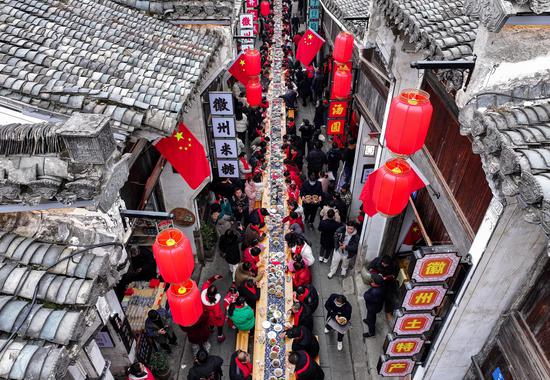

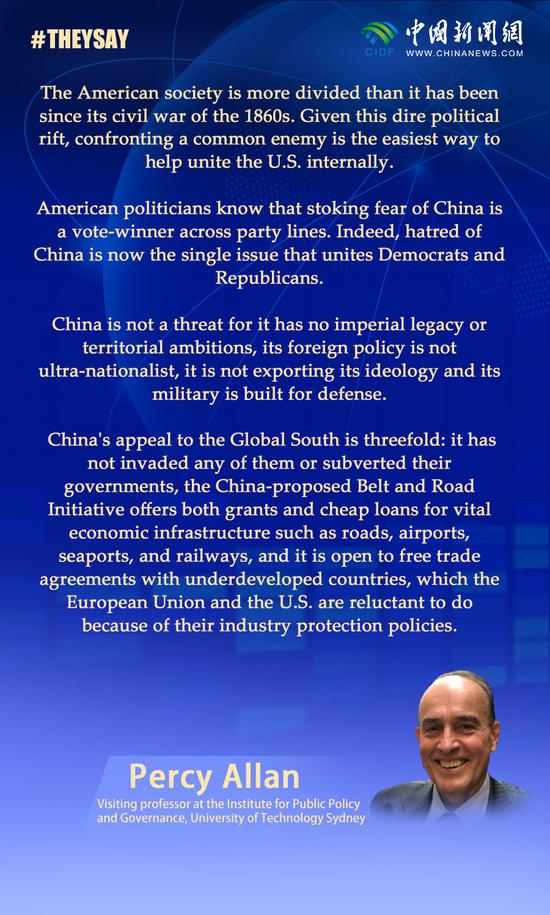
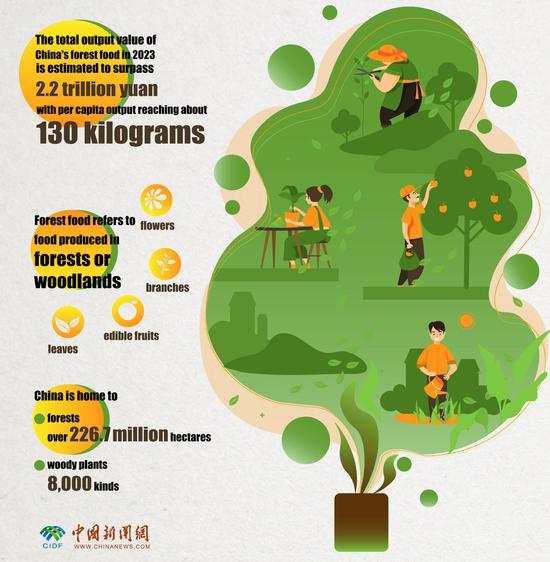




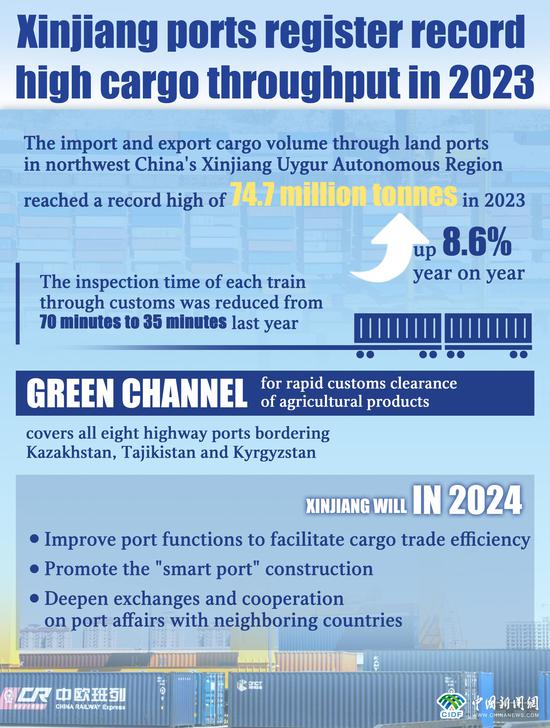
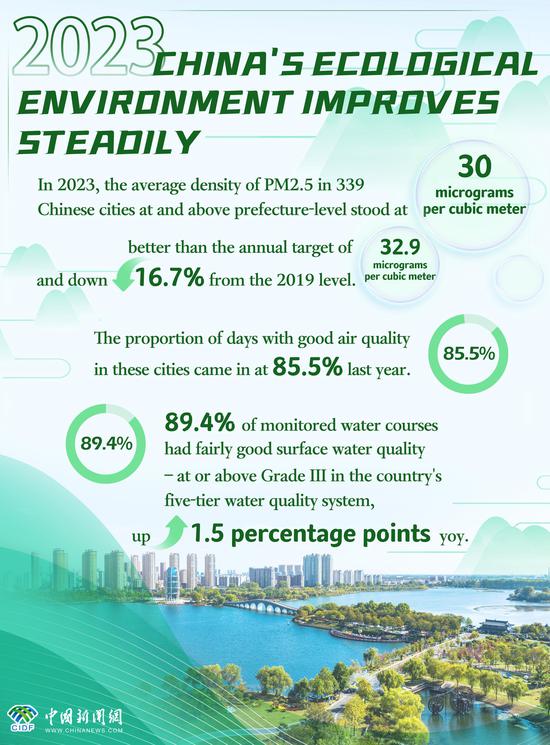

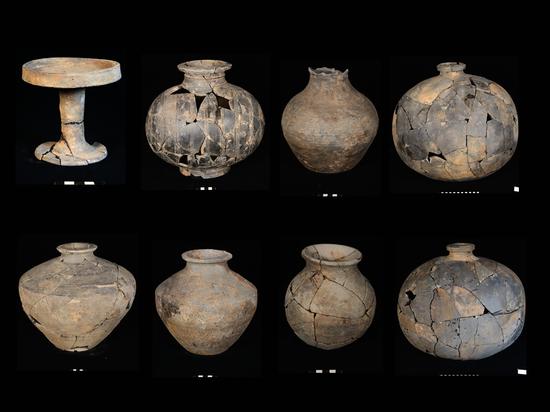


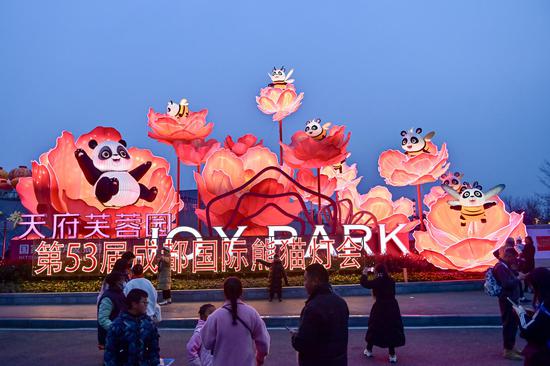


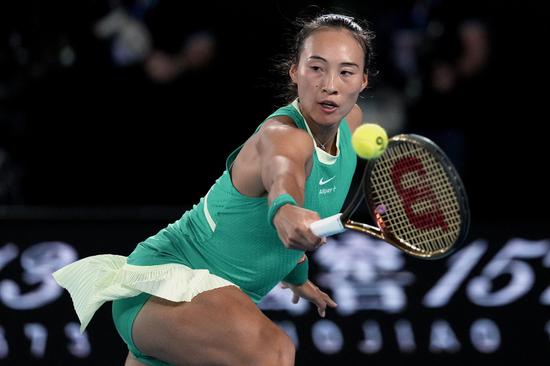


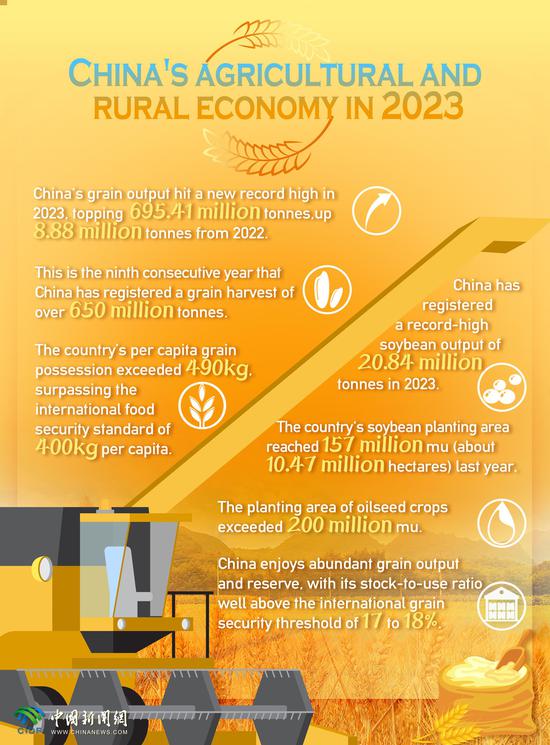

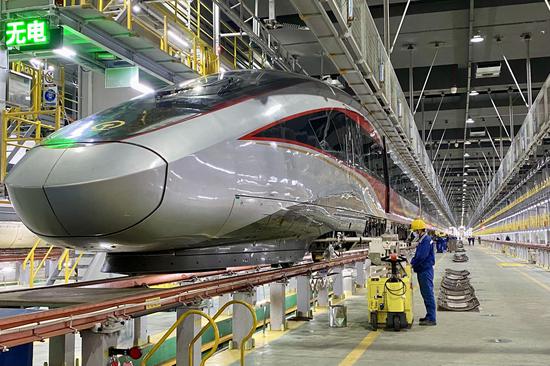





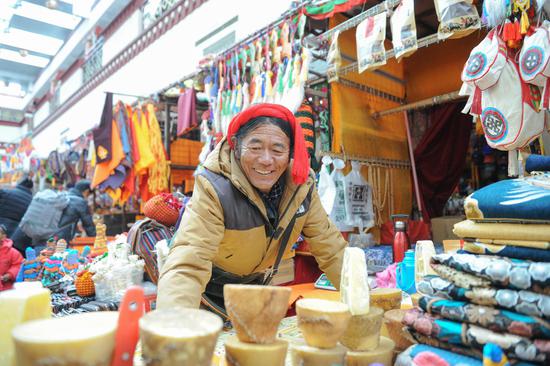

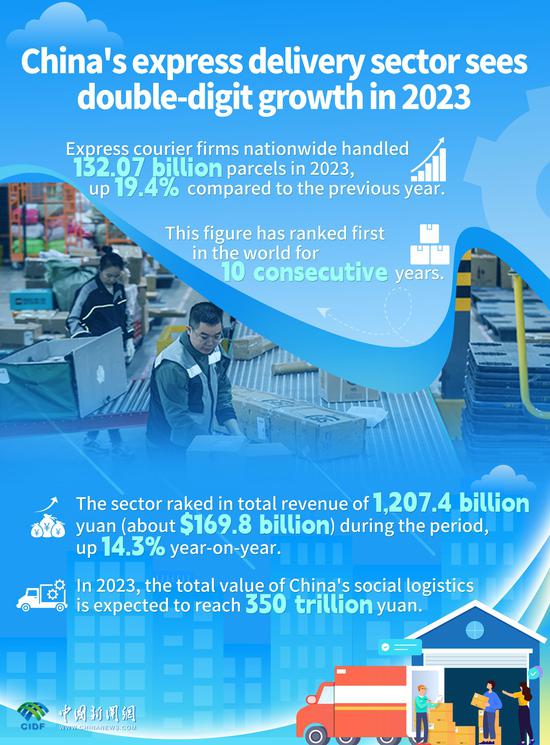
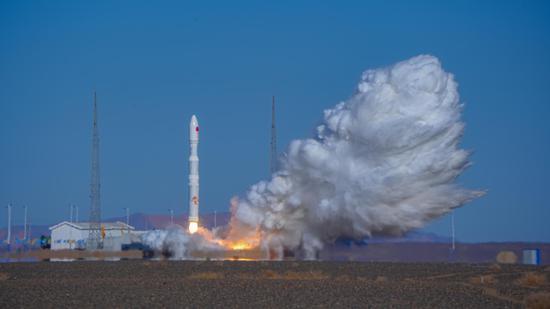








 京公网安备 11010202009201号
京公网安备 11010202009201号